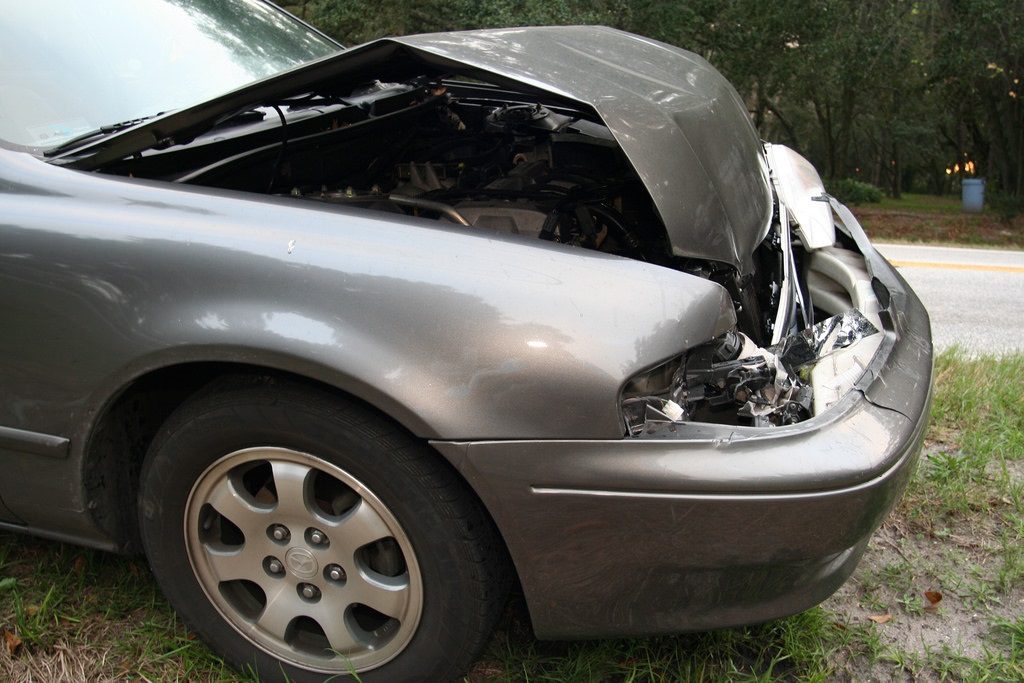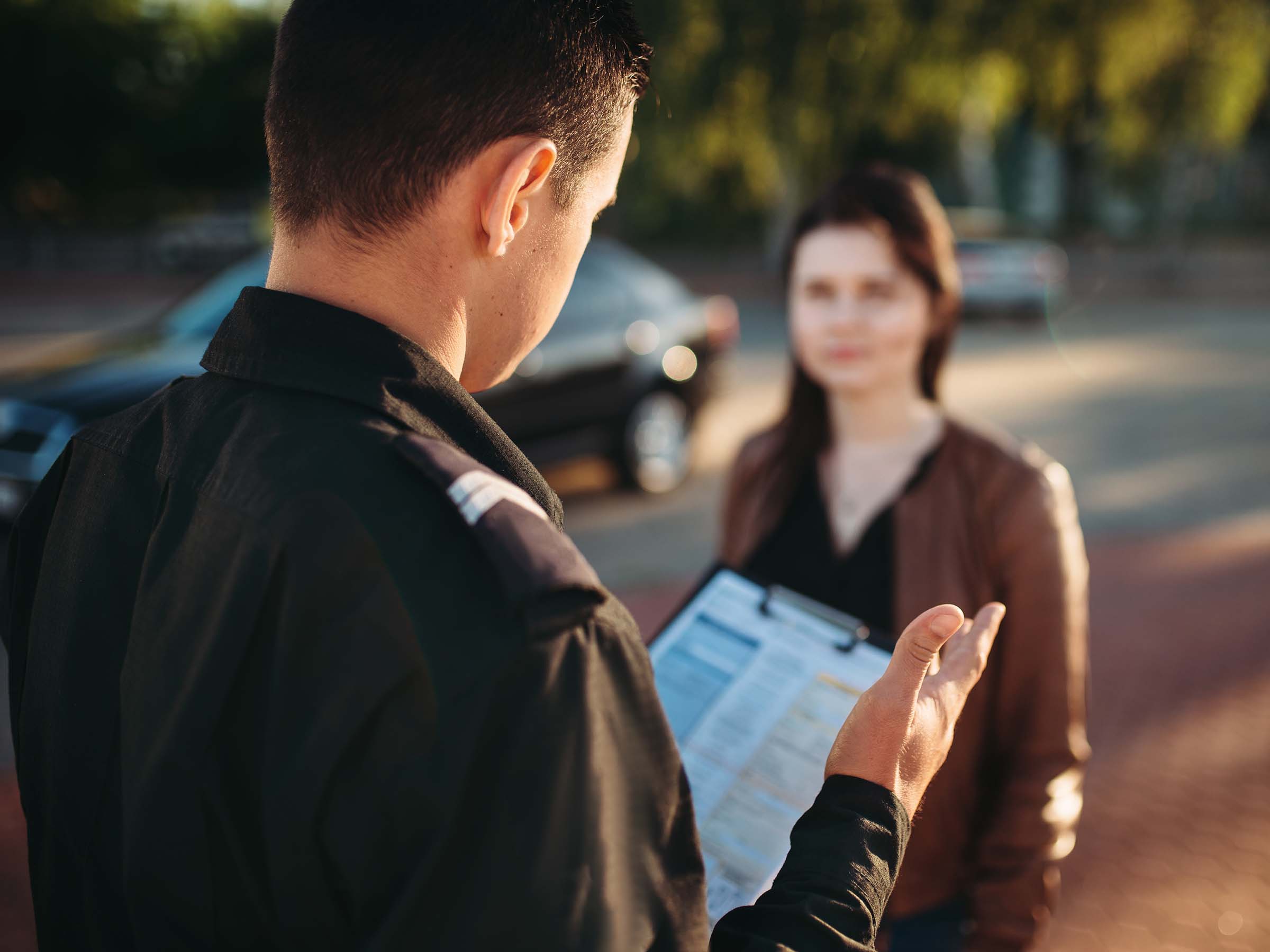 Kentucky motorcycle operators take a risk every time they get on the road. They are exposed in a way that drivers of cars, trucks, and buses are not, and they suffer disproportionately in the event of a collision. That is why the Kentucky State Police released the Kentucky Motorcycle Manual.
Kentucky motorcycle operators take a risk every time they get on the road. They are exposed in a way that drivers of cars, trucks, and buses are not, and they suffer disproportionately in the event of a collision. That is why the Kentucky State Police released the Kentucky Motorcycle Manual.
We discussed, in part one and part two, some of the information provided on state laws governing motorcycles, and tips and guidelines. Now, let’s talk about getting licensed in the State of Kentucky.
Yes, You Need a Special License
You’re required by state law to have a valid motorcycle license, a motor vehicle operator’s license with a valid motorcycle operator’s endorsement attached, or an instruction permit in order to operate a motorcycle on public roads in Kentucky. In addition, while still on an instruction permit, you’re forbidden to carry passengers.
Who’s Eligible?
According to the Kentucky DMV, in order to apply for a Kentucky motorcycle operator’s license, you must be at least 18 years old, or, if you are under 18, must already have a valid state driver’s license and have your parent or legal guardian’s consent. You will then need to get your motorcycle instruction permit, which requires passing a written knowledge exam and a complete vision screening.
Once you have had your permit for one month, you are eligible for your license, upon completion of an education course or passing a road skills exam.
The Performance Test
Kentucky offers a motorcycle safety education program that has been designed to inform operators about what they need to know to properly and safely use a motorcycle. Anyone with a valid driver’s license or instruction permit may take this course. In fact, it is necessary to have successfully completed this course or an equivalent one, OR to take a licensing skills test, in order to receive a motorcycle operator’s license.
Either in the education program or during the licensing test, operators will need to complete a number of driving challenges to prove their competency with a motorcycle. These tests include several cone maneuvering scenarios that simulate common driving techniques, such as tight turns and weaving through obstacles.
Accidents Still Happen
Motorcycle riding is an exhilarating pastime, but also a dangerous one. If you or a loved one has been injured in a motorcycle accident that was someone else’s fault, you need an experienced motorcycle attorney who can advocate on your behalf. The legal team at Kaufman & Stigger, PLLC, has successfully tried many cases involving motorcycle injuries. Call us today at (502) 458-5555 to set up a free consultation.



